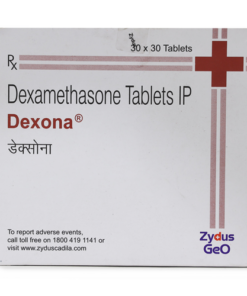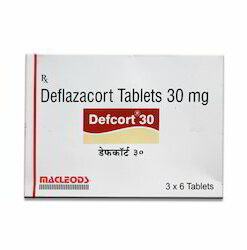Vitamin D3
$8.00
Vitamin D3 is an essential nutrient that helps the body absorb calcium, promoting strong bones and teeth. It also supports immune function, muscle health, and overall well-being. Often obtained from sunlight exposure, Vitamin D3 is also available in supplement form to prevent or treat deficiencies.

NHS AFFILIATED DOCTORS

FDA APPROVED PHARMACY

AFFORDABLE PRICE GURANTEE

FAST & TRUSTED DELIVERY
Vitamin D3 also known as cholecalciferol, is an essential nutrient that plays a vital role in maintaining bone health, calcium absorption, immune function, and overall well-being. It is produced naturally in the skin when exposed to sunlight and can also be obtained through supplements or certain foods.
Key Benefits:
- Supports Bone Health – Aids in calcium and phosphorus absorption, keeping bones and teeth strong
- Boosts Immunity – Helps strengthen the immune system and fight infections
- Enhances Muscle Function – Supports muscle strength and reduces the risk of falls in older adults
- Improves Mood & Mental Health – May help reduce symptoms of depression and improve cognitive function
- Aids Heart Health – Helps regulate blood pressure and supports cardiovascular health
Sources of Vitamin D3:
- Sunlight – Natural source through skin exposure
- Foods – Fatty fish (salmon, mackerel), egg yolks, dairy products, fortified cereals
- Supplements – Available in tablets, capsules, softgels, and liquid drops
Recommended Dosage:
- Infants (0-12 months): 400 IU (10 mcg) daily
- Children (1-18 years): 600 IU (15 mcg) daily
- Adults (19-70 years): 600-800 IU (15-20 mcg) daily
- Older adults (70+ years): 800-1000 IU (20-25 mcg) daily
- Pregnant & breastfeeding women: 600-800 IU daily
Frequently Asked Questions (FAQs):
1. What is Vitamin D3 used for?
Vitamin is primarily used to maintain bone strength, support immune function, and regulate calcium levels in the body. It may also help in reducing the risk of osteoporosis and certain chronic diseases.
2. Can I take Vitamin D3 daily?
Yes, Vitamin can be taken daily or weekly depending on the dosage and individual requirements. It is best to follow your doctor’s recommendations.
3. What happens if I don’t get enough Vitamin D3?
A deficiency in Vitamin can lead to weak bones, fatigue, muscle pain, weakened immunity, and an increased risk of osteoporosis and fractures.
4. How do I know if I have a Vitamin D3 deficiency?
Common symptoms include bone pain, muscle weakness, frequent infections, fatigue, and mood changes. A blood test can confirm deficiency levels.
5. Can Vitamin D3 be taken with other supplements?
Yes, it is often combined with calcium, magnesium, and vitamin K2 to support bone and heart health. However, always consult a doctor before combining supplements.
6. What are the side effects of taking too much Vitamin D3?
Excessive intake can lead to nausea, vomiting, kidney problems, and high calcium levels (hypercalcemia). Taking the suggested dosage is significant.













lauren dillard –
Vitamin D3 is like a ray of sunshine in a bottle! After taking it, I felt a warmth and energy that rivaled the sun’s embrace. The effects were fantastical—strengthened bones and a radiant glow. It’s not just a supplement; it’s the key to a world where every capsule is a dose of enchanted vitality. A truly enchanting experience!